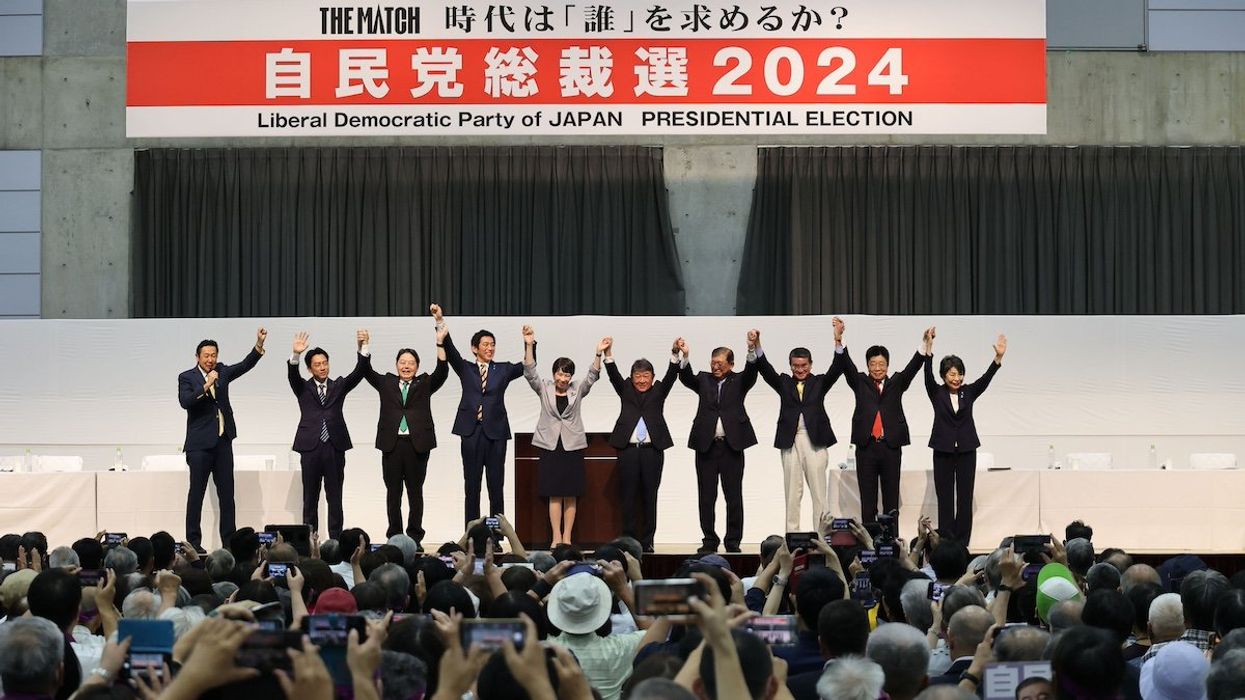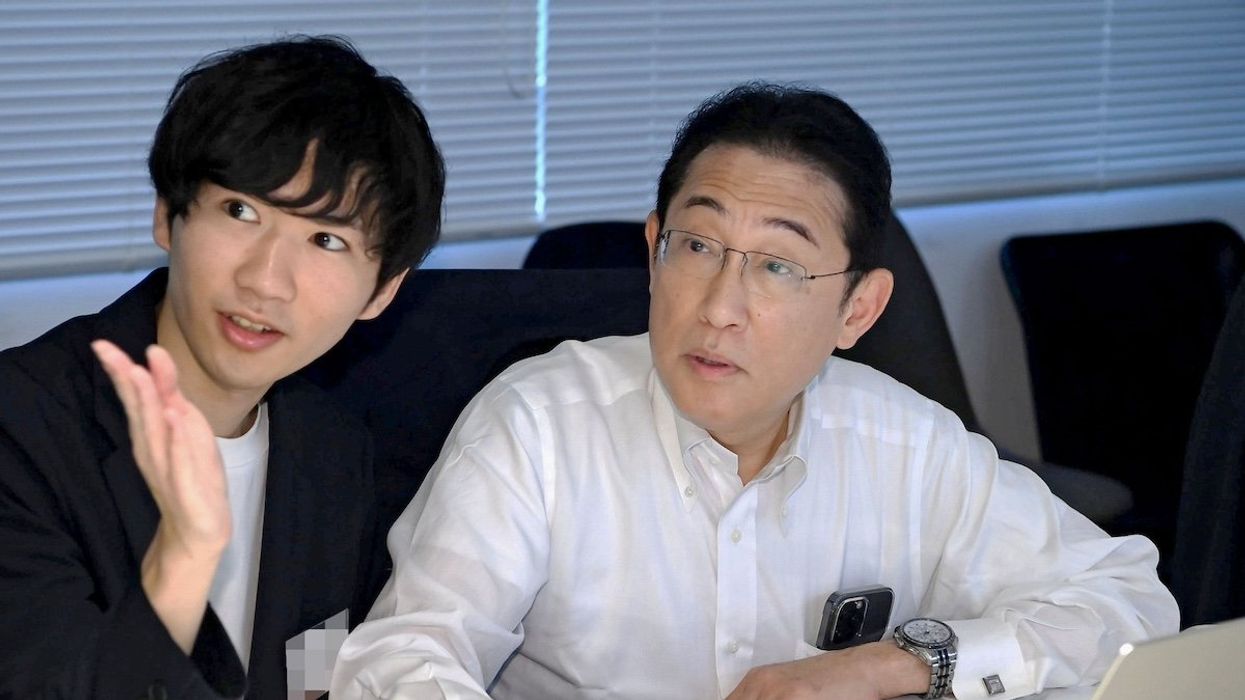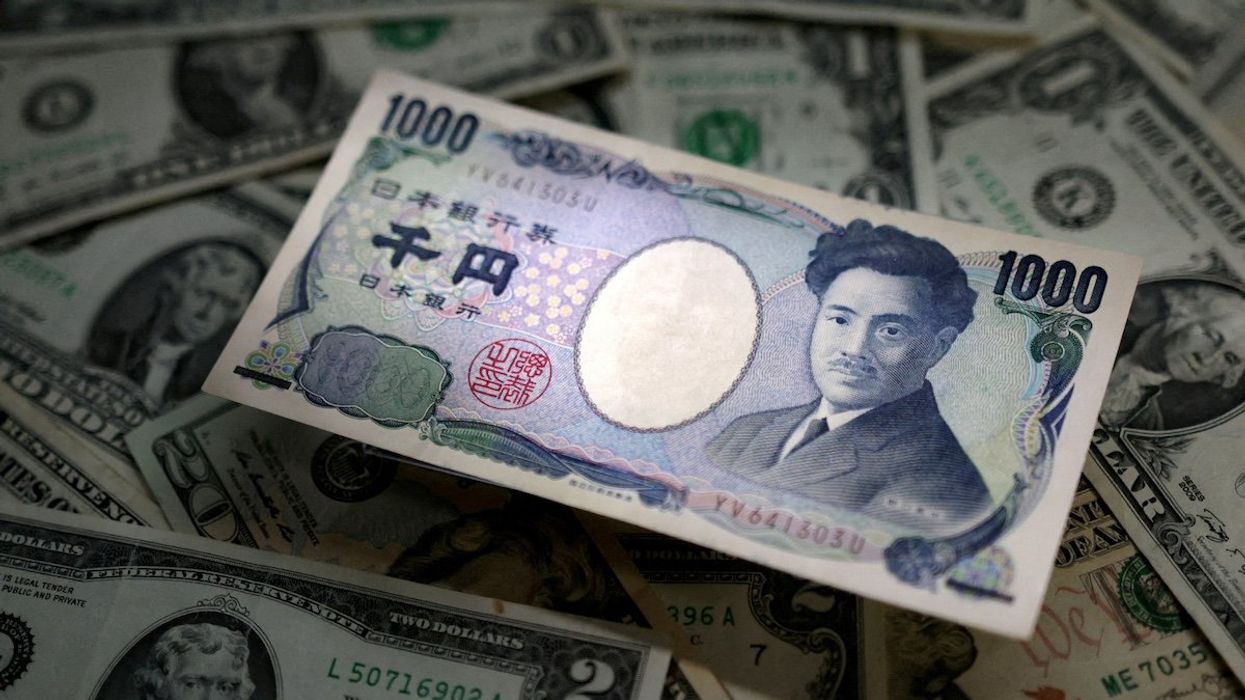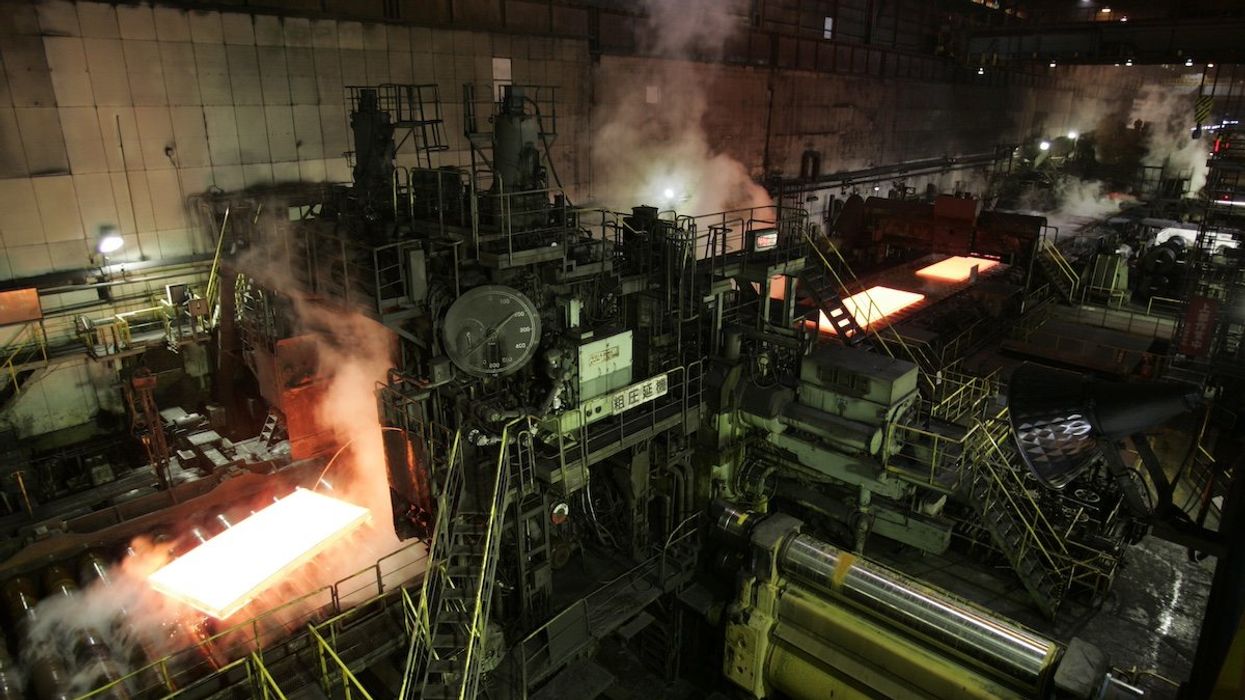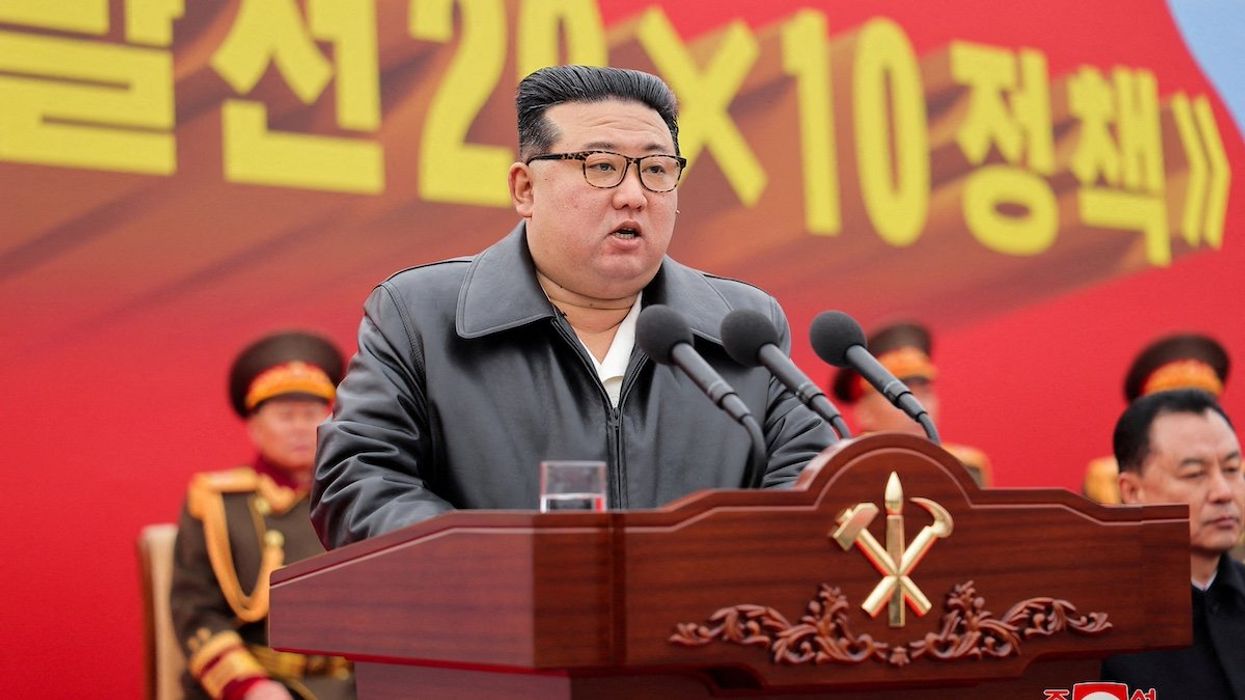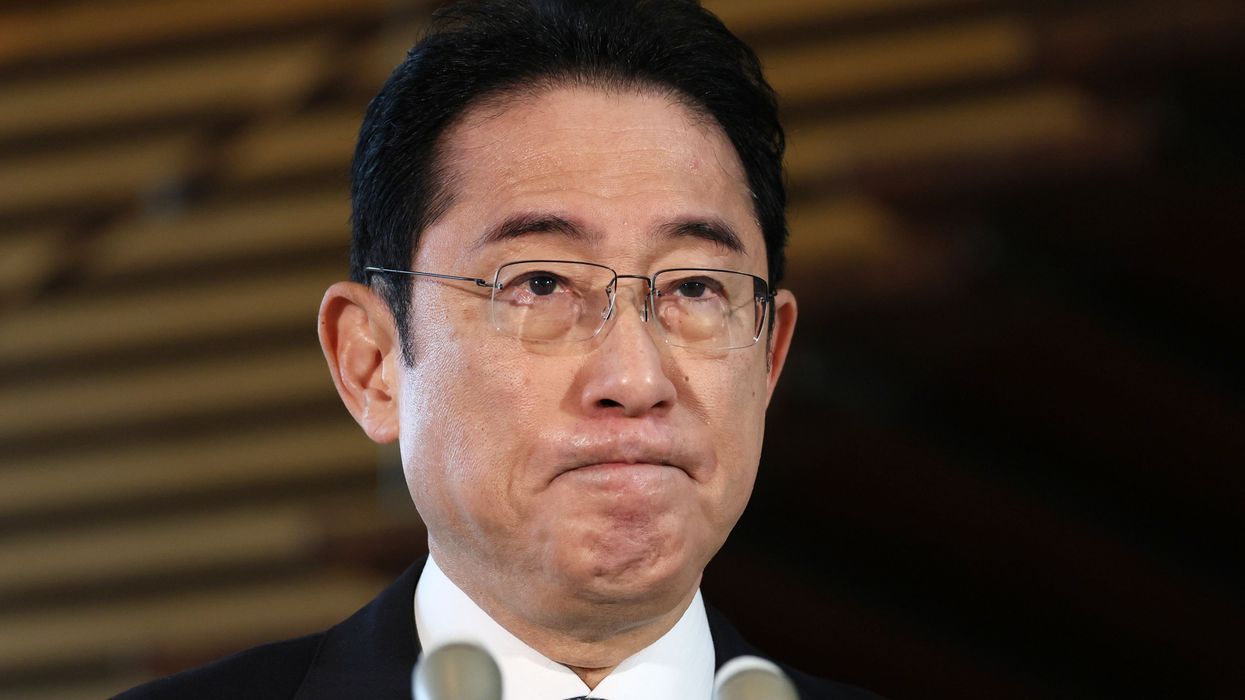What We're Watching
Japan’s heavy hitters slug it out in leadership election
Japan’s Liberal Democratic Party will elect a new president to replace Fumio Kishida on Friday, as the unpopular prime minister prepares to bow out and give his successor a fresh slate ahead of a looming general election.
Sep 25, 2024
